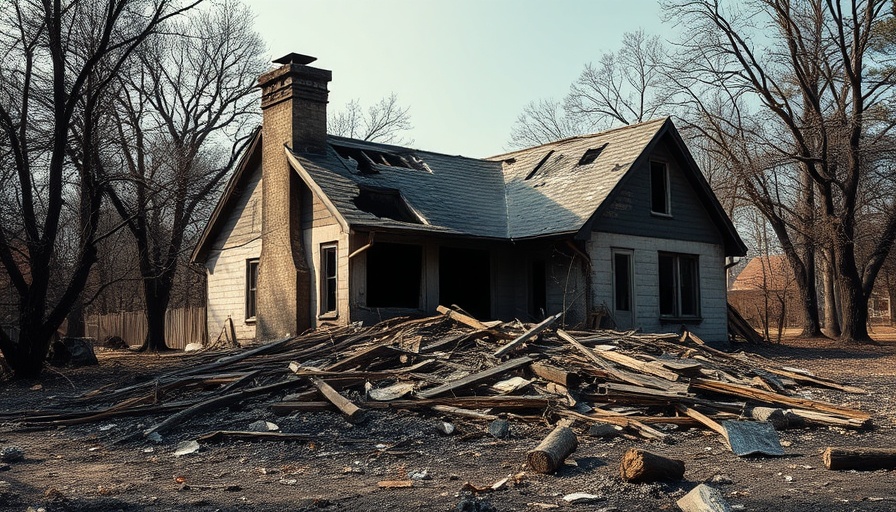
A Call to Action in the Face of Disaster
In the wake of devastating wildfires in northern Minnesota, local communities are rallying together to provide much-needed support to those affected. With three large wildfires raging, heavy rainfall has brought some respite, yet the situation remains dire as tens of thousands of acres have been scorched and numerous buildings destroyed.
Understanding the Scope of Need
According to Dan Williams from the American Red Cross of Northern and Central Minnesota, the number of impacted individuals is higher than many initially anticipated. This has led to an urgent call for assistance, emphasizing that immediate financial contributions will be more valuable than physical goods at this time. With 20 volunteers actively helping on the ground and that number expected to double soon, a concerted effort is underway to provide immediate disaster relief and long-term recovery plans.
Tailored Support for Unique Needs
Kary Lofquist from the United Way Northeastern Minnesota stresses the importance of financial donations through their new relief fund, which aims to address the unique and evolving needs of individuals and communities affected by the fires. Rather than collecting supplies or donations of food, they urge community members to contribute money, which will directly support those in most need. This strategy not only ensures that aid is targeted and effective but also reflects the kind-hearted wholesome nature of Minnesotans. It highlights the community's resilience and willingness to help one another during tough times.
The Road Ahead
As recovery from these wildfires begins, the focus on long-term support is essential. The relief fund will help allocate resources based on the specific challenges that communities face in the aftermath. It's crucial to remain vigilant and responsive, as the needs of those affected will continue to evolve.
By understanding the layered complexities of disaster relief and the importance of tailored support, community members can play a significant role in aiding recovery efforts. It’s not just about providing help; it’s about giving the right kind of help.
 Add Row
Add Row  Add
Add 




Write A Comment